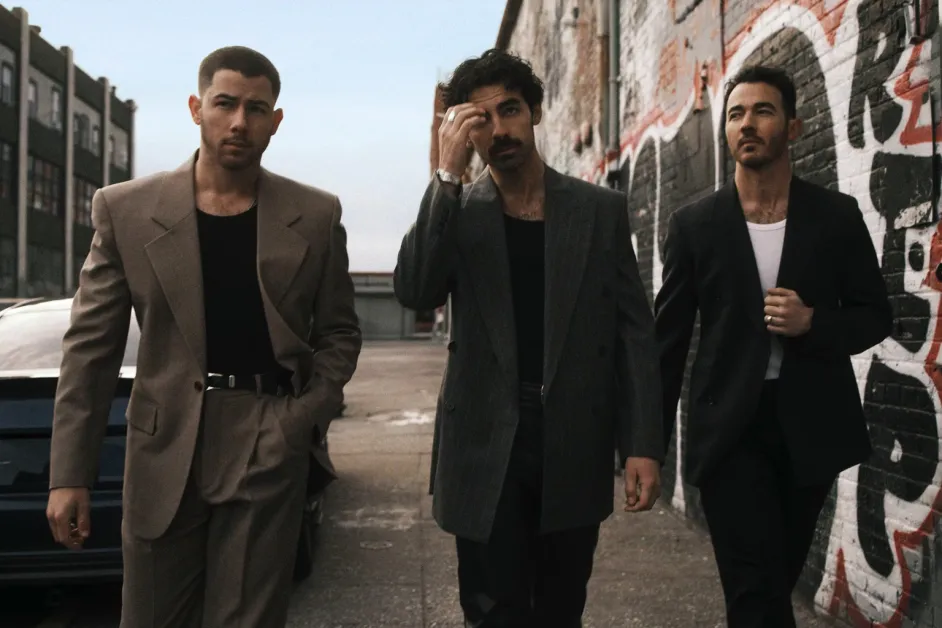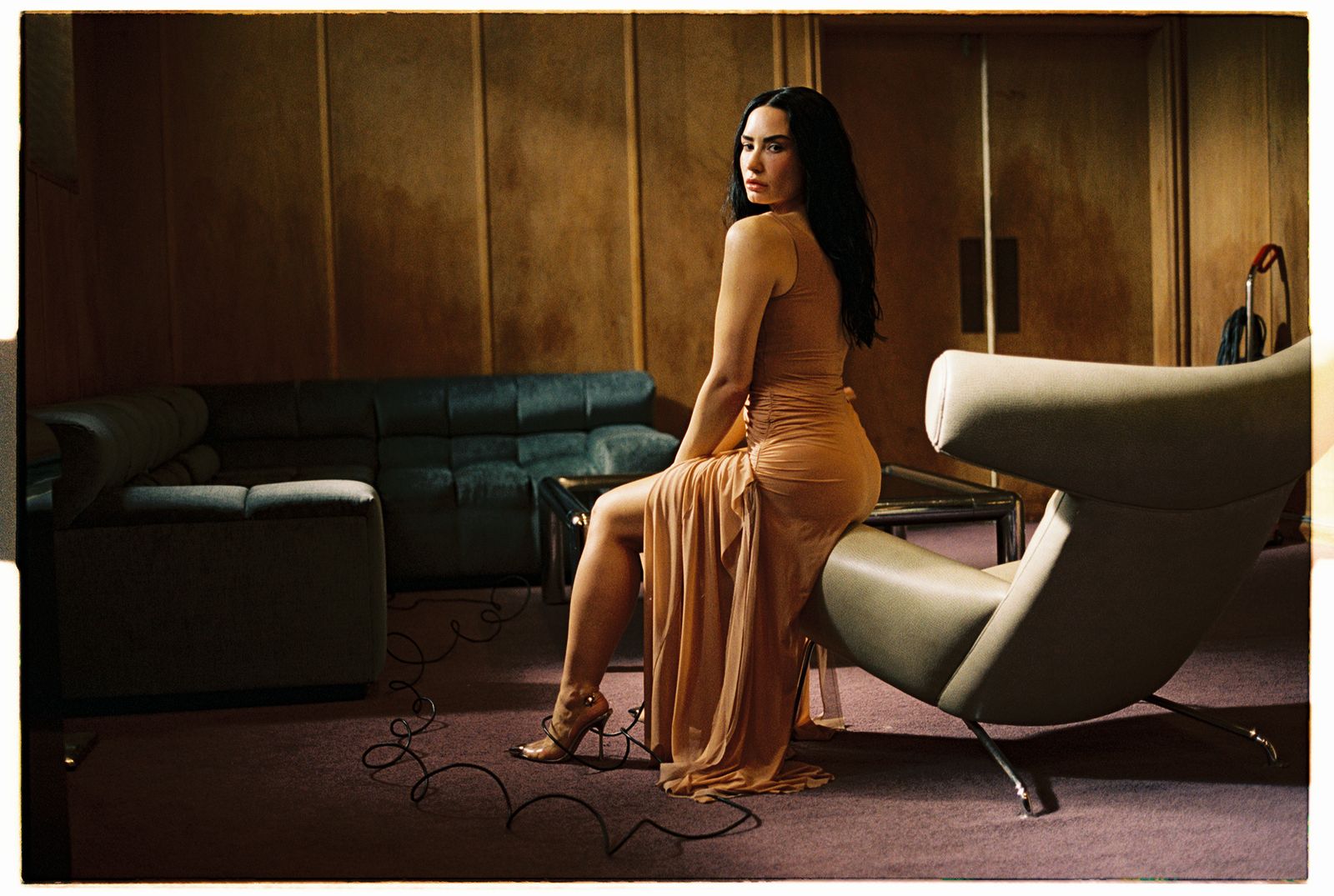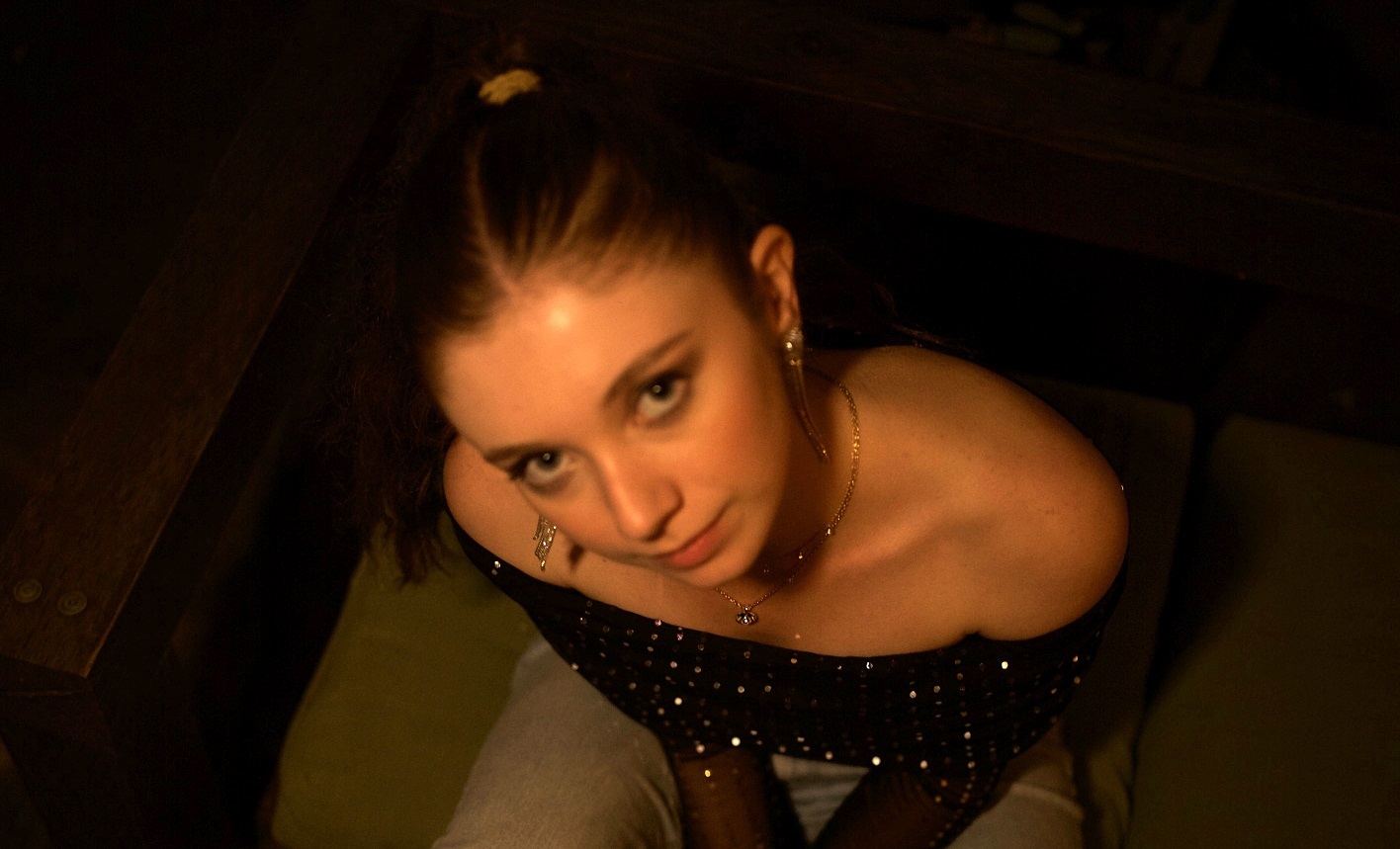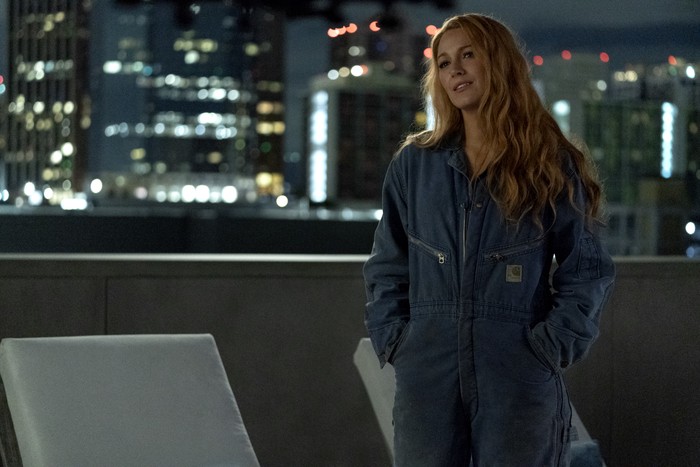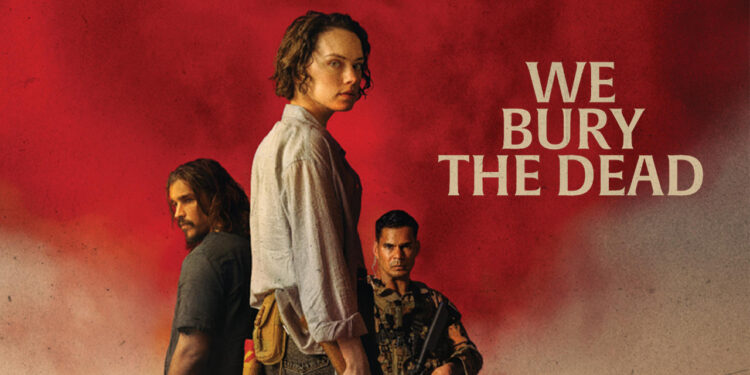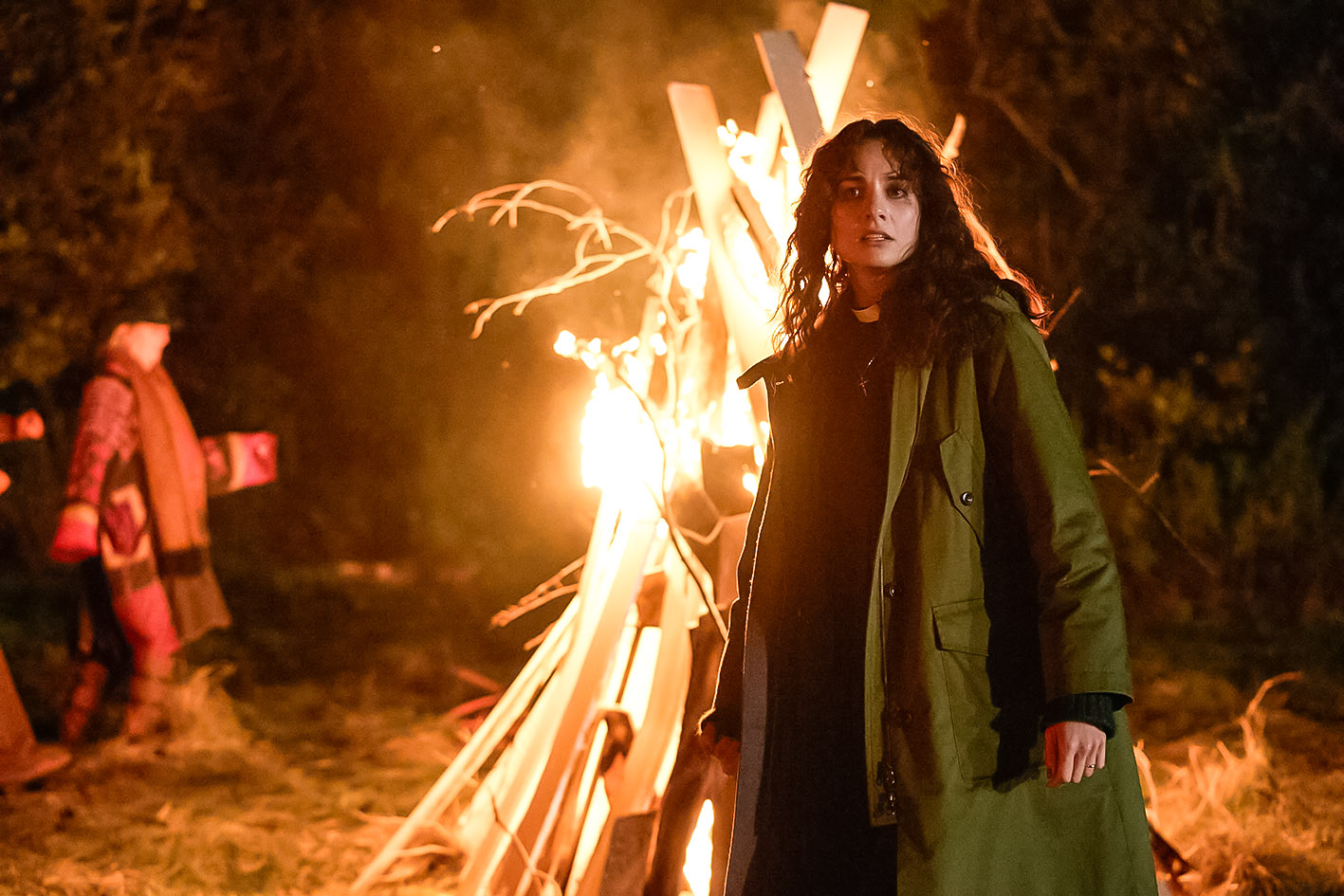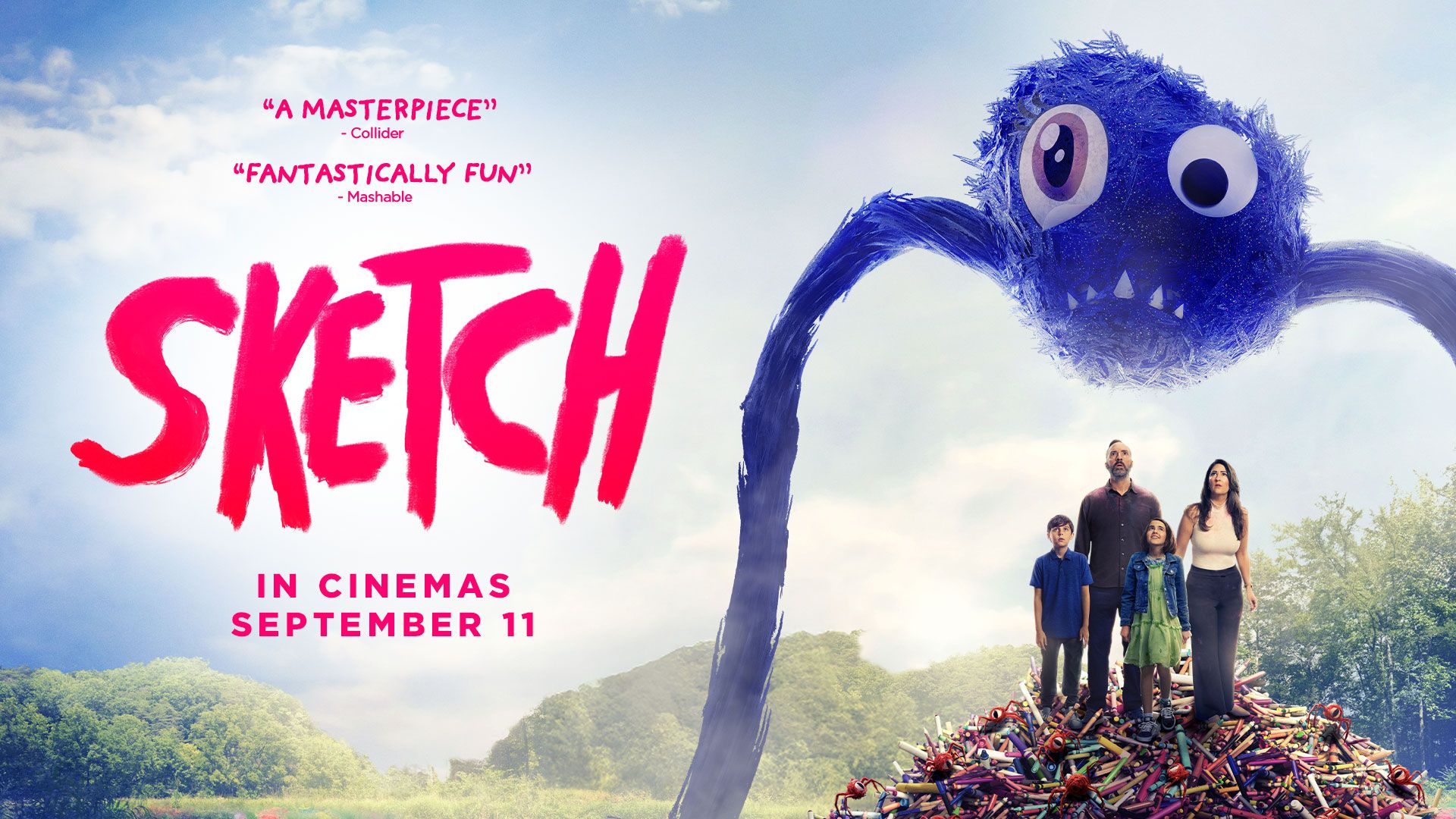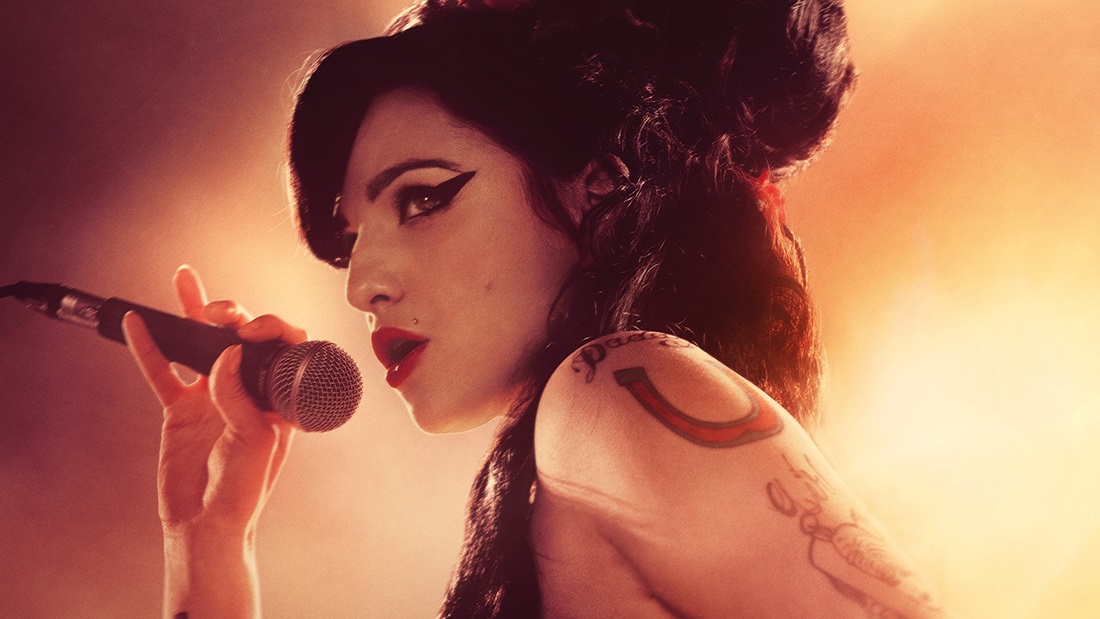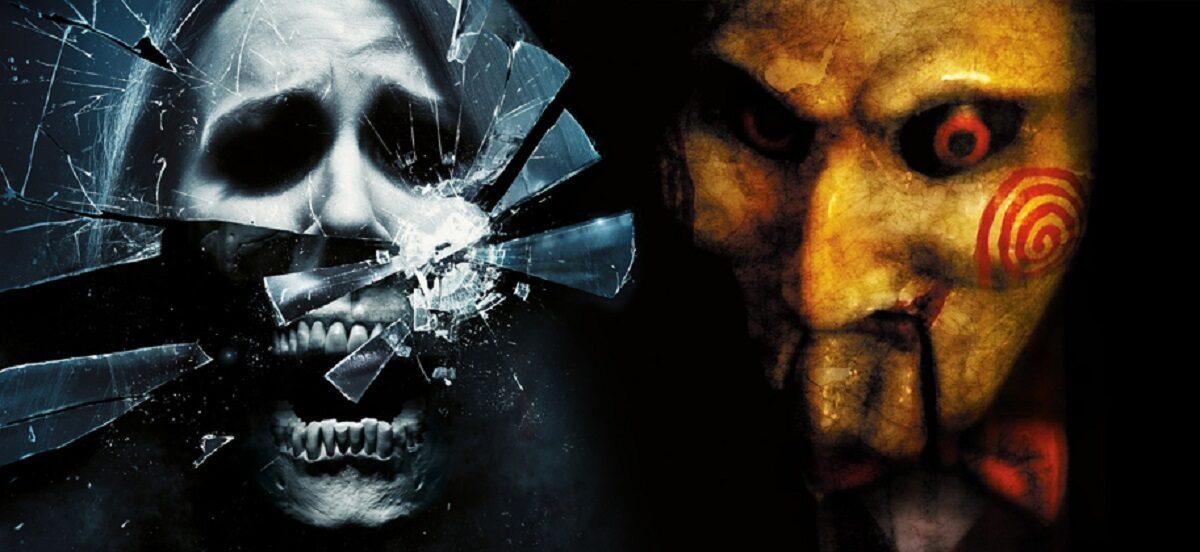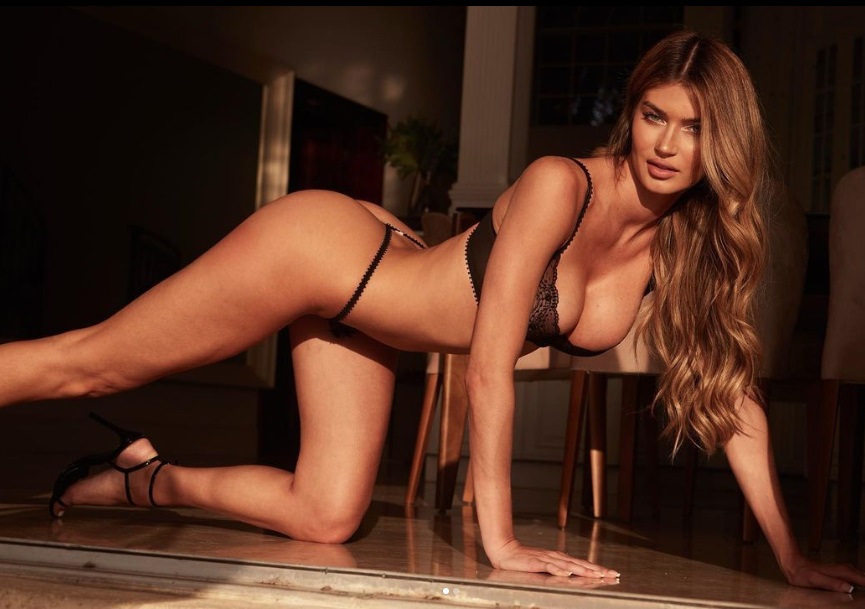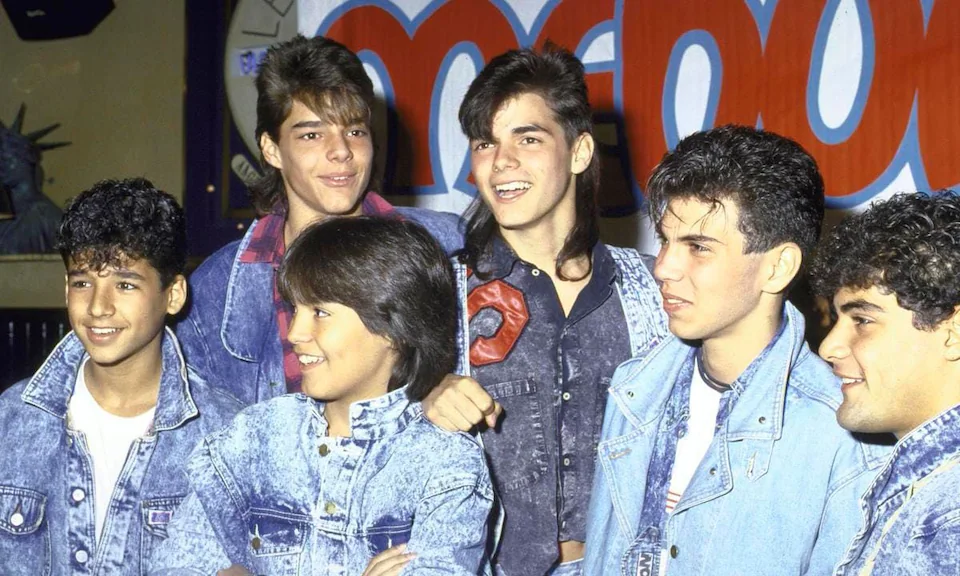Directed by Justin Baldoni, It Ends with Us delves into the complexities of domestic violence, weaving together past and present to create a poignant narrative. Blake Lively shines as Lily Bloom, a flower shop owner grappling with love, trauma, and the cycle of abuse. The film opens with Lily perched on a Boston rooftop, gazing at the cityscape. Enter Ryle Kincaid (played by Justin Baldoni), a neurosurgeon whose charm and megawatt smile draw Lily in. Their playful banter quickly escalates into something more, despite Lily’s reservations.
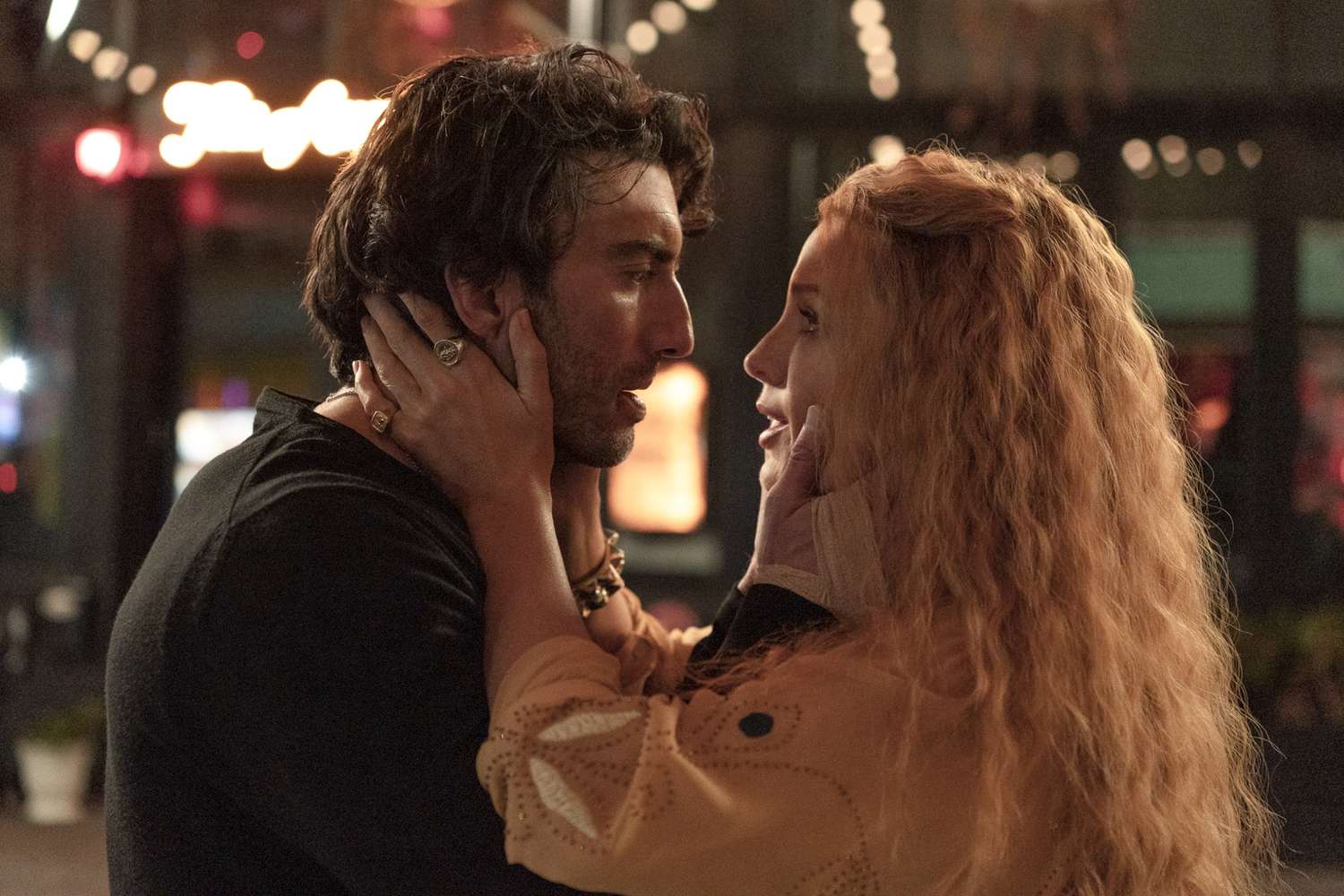
Ryle’s pursuit of Lily intensifies, even as his jealousy and toxic behavior emerge. Lively portrays Lily’s vulnerability and strength, making her character relatable and sympathetic.
Flashbacks reveal Lily’s teenage years, where she befriends Atlas (Alex Neustaedter), a boy seeking refuge from an abusive home. Their tender connection contrasts sharply with Lily’s tumultuous present.
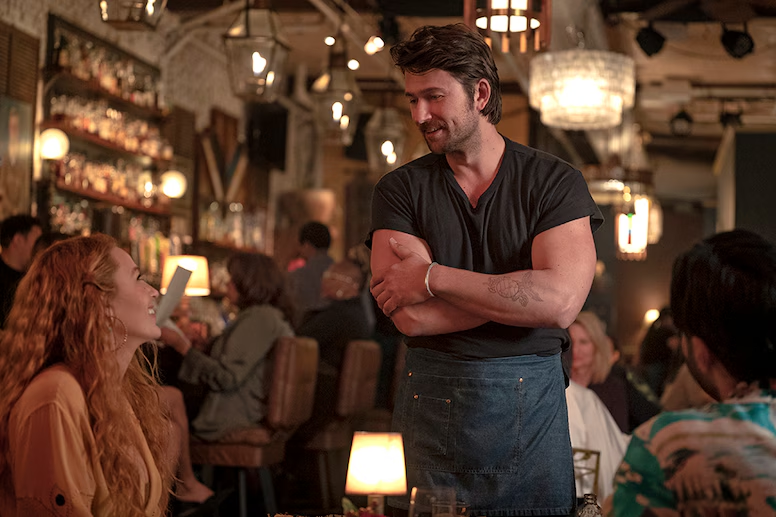
As Ryle’s temper flares, Lily grapples with her feelings. The film asks: What if love isn’t enough? Can she break the cycle her parents endured? Lively’s portrayal of Lily is a revelation. Her emotional range captures Lily’s transformation from confident to fearful, grounding the film in authenticity.
Baldoni handles the delicate subject matter with care. His dual role as director and lead actor adds depth to Ryle’s character. Jenny Slate shines as Allysa, Lily’s friend and Ryle’s sister. Their interactions provide moments of levity amidst the emotional turmoil.
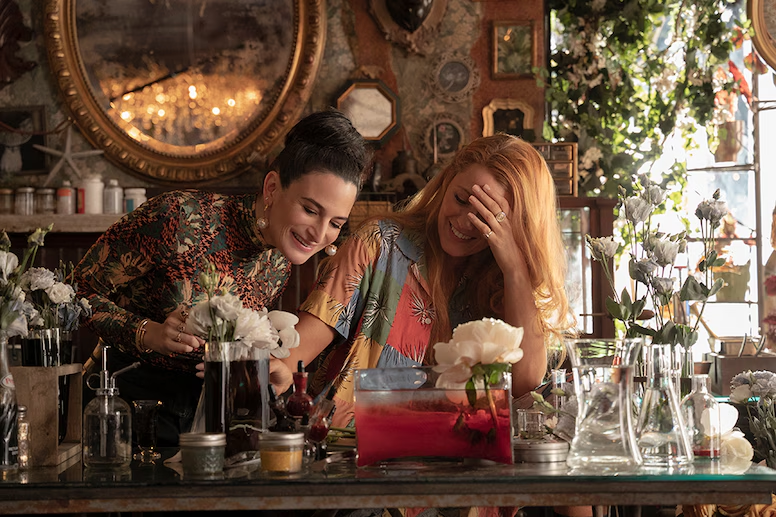
Lily’s dream of running a whimsical florist shop adds warmth to the film. The quaint setting becomes a sanctuary for her and Atlas.
It Ends with Us is a powerful exploration of love, sacrifice, and resilience. While it occasionally veers into melodrama, its heart remains firmly in the right place. Lively’s performance alone makes it worth watching.
Email:neill@outloudculture.com
Socials: @neillfrazer

